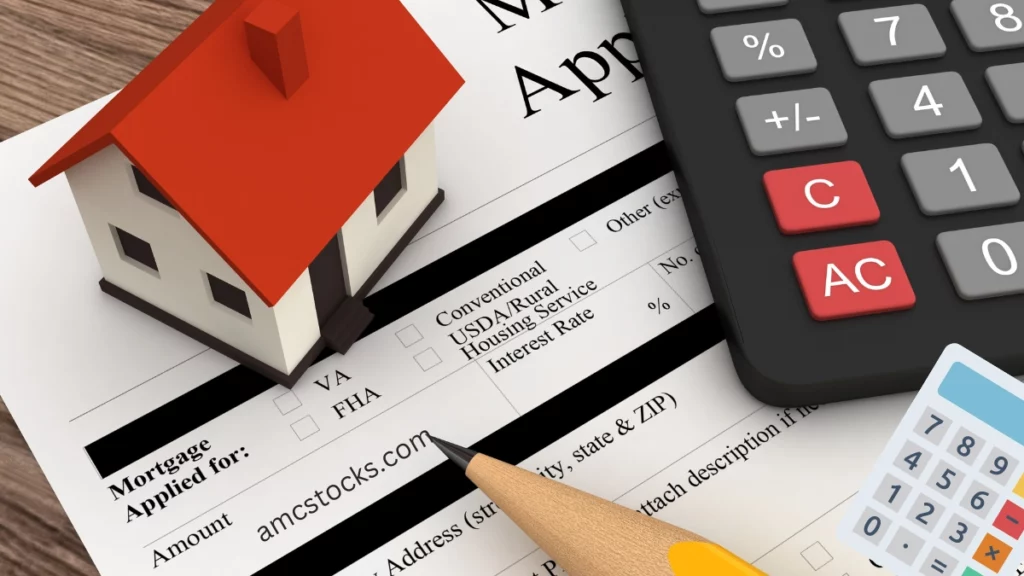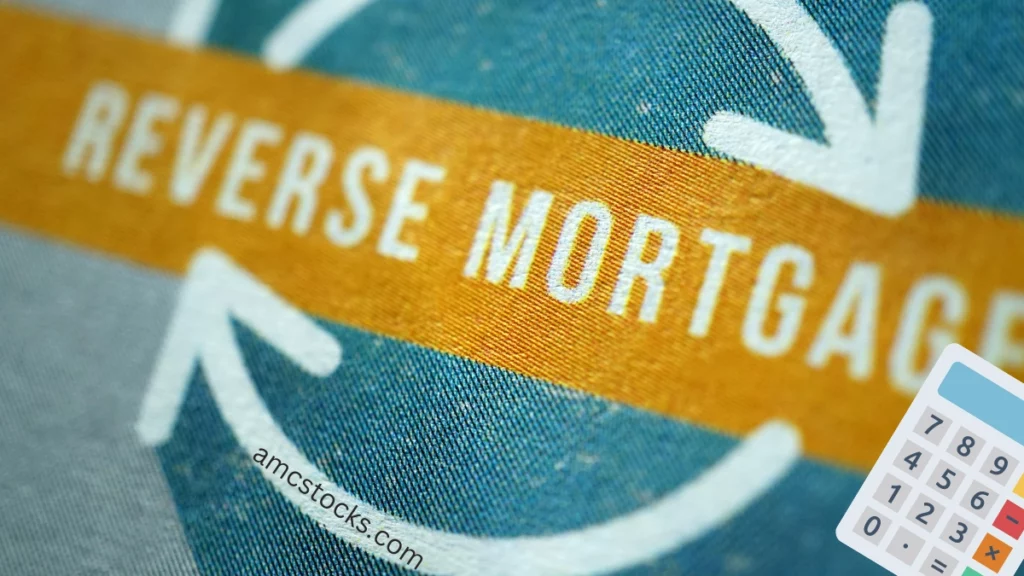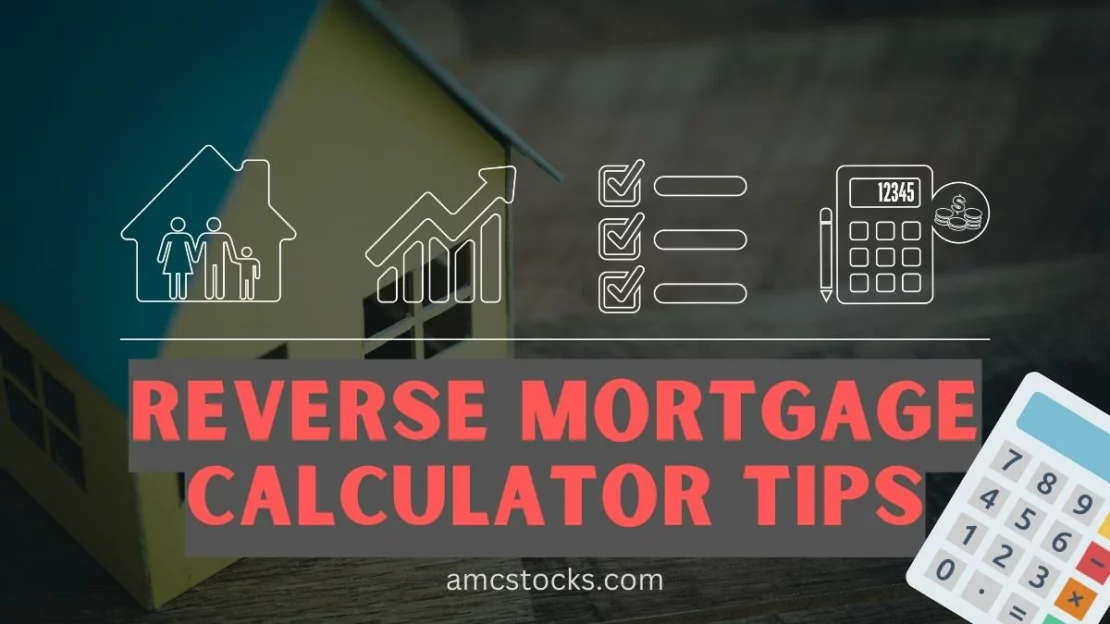Top Reverse Mortgage Calculator Tips To Help You Understand Your Financial Options You may be wondering how to calculate a reverse mortgage. This guide will walk you through the process, with tips and tricks for getting the most out of your reverse mortgage calculator.So If you are interested in a reverse mortgage, it is important to understand your options and financial obligations. The following tips will help you do just that.
1: What is a Reverse Mortgage?
If you’re a homeowner 62 or older and need money to pay for home improvements, medical bills, or other expenses, you may be considering a reverse mortgage. But what is a reverse mortgage? A reverse mortgage is a loan that allows you to borrow against the equity in your home. The loan doesn’t have to be repaid until you die, move out of the house, or sell it. Because you’re not making payments on the loan, the interest accumulates over time. That means the amount you owe can grow quickly if the value of your home doesn’t increase or if you live a long time.
2: What is a Reverse Mortgage Calculator?
For seniors who are interested in a reverse mortgage, a reverse mortgage calculator can be a useful tool. This type of calculator can help seniors estimate how much money they could receive from a reverse mortgage, as well as the potential costs and fees associated with the loan.
3: How Do I Calculate My Reverse Mortgage?
To calculate your reverse mortgage, you’ll need to know the value of your home, your age, and the interest rate. You can then use a reverse mortgage calculator to get an estimate of how much you could borrow.
4: Which Type of Reverse Mortgage Should I Apply For?
When considering a reverse mortgage, it’s important to choose the right type of loan for your needs. There are three main types of reverse mortgages: single-purpose, home equity conversion mortgages (HECMs), and proprietary reverse mortgages. Single-purpose loans are typically offered by state and local governments and non-profit organizations. These loans can only be used for a specific purpose, such as home repairs or property taxes. HECMs are the most common type of reverse mortgage and are insured by the Federal Housing Administration (FHA).
These loans can be used for any purpose and have no income or credit requirements. Proprietary reverse mortgages are private loans that are not insured by the government. They may have more flexible eligibility requirements than HECMs, but they also tend to have higher fees.

5: How Much Can I Borrow Against My Home Equity with a Reverse Mortgage?
Reverse MTG are a type of loan that allows homeowners to borrow against the equity in their home. The amount that can be borrowed is based on several factors, including the age of the borrower, the value of the home, and the borrower’s financial situation.
6: When Are Payments Due on My Reverse Mortgage Loan?
Reverse mortgage loans are different from traditional mortgages in that they allow homeowners to borrow against the equity in their home without having to make monthly payments. Instead, the loan is repaid when the borrower sells the home or dies. However, borrowers are still responsible for paying property taxes and insurance and must maintain the property in good condition.
6: What are the Tax Implications of Using a Reverse Mortgage?
When you take out a reverse mortgage, you are essentially borrowing against the value of your home. As with any loan, there are tax implications to be aware of. The good news is that the interest you pay on a reverse mortgage is usually tax-deductible. However, you will still need to consult with a tax advisor to make sure that you are taking advantage of all the deductions available to you.
7 Tips To Ensure Your Commercial Mortgage Truerate Services Are Optimized For Success
7: What are the Fees Associated with Using a Reverse Mortgage?
Reverse mortgages are a type of home loan that allows seniors to borrow against the equity in their home. These loans can provide a source of extra income, but they also come with fees that must be paid by the borrower. Some of the fees associated with reverse mortgages include origination fees, appraisal fees, and closing costs.
8: Determine Your Loan Amount
To determine your loan amount, you’ll need to know the value of your home and your age. The younger you are, the less money you’ll be eligible to borrow. The value of your home will also affect how much money you can borrow. Use our reverse mortgage calculator to get an estimate of how much money you could qualify for.
9: Calculate the Interest Rate
The interest rate on a reverse mortgage can vary based on a number of factors. To calculate the interest rate, you’ll need to know the loan amount, the term of the loan, and the margin. The margin is the difference between the index rate and the fully indexed rate.





2 Comments
Leave a Reply2 Pings & Trackbacks
Pingback:The Pros And Cons Of Credit Card Refinancing And Debt Consolidation | AmcStocks
Pingback:The Best Personal Loans In Cheyenne: What You Need To Know 2023 | AmcStocks